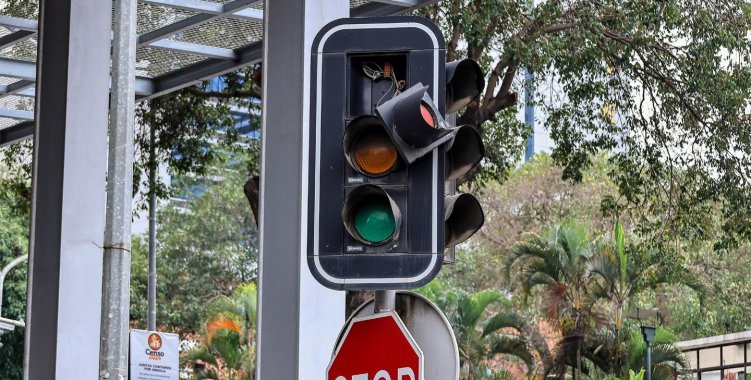João Lourenço, who was speaking this Tuesday at the opening of the parliamentary year, at the National Assembly, where he painted a portrait of the State of the Nation, warned that he will pay special attention to the crimes of fuel smuggling, illegal exploitation of mineral resources and vandalization of public assets that cause substantial damage to the Angolan economy and harm citizens.
The head of state highlighted that "the increase in fuel smuggling, the environmental damage resulting from the illegal exploitation of strategic minerals and wood", as well as the necessary public reinvestment in the fields of energy, water, transport and telecommunications due to the vandalization of assets public, forces us to join forces in a "national crusade against these types of crimes".
"Its authors, the buyers of the robbery proceeds, but above all the instigators and promoters, must be punished exemplarily", highlighted the President, reiterating that there are politicians involved in these crimes.
"Unfortunately, some of them are politicians and parliamentarians, who have the obligation to defend the law and the public good, behavior that must be condemned by our society," said João Lourenço, sparking excitement in the parliamentary benches.
Parliament recently approved a law that provides for sentences of up to 25 years in prison for anyone who promotes, incites, finances and encourages acts of vandalism of public goods and services, legislation that opposition parties and civil society organizations believe has hidden intentions to limit civil liberties and demonstration.
On the other hand, smuggling, stimulated by low fuel prices in Angola, has been in the sights of authorities who have lost millions in profits and revenue, after a public denunciation by the governor of the province of Zaire (northern Angola) which borders with the Democratic Republic of Congo (DRCongo).
According to police data, between September 13th and October 3rd, almost 600 thousand liters of fuel were seized on the borders with DRCongo, Namibia and Zambia valued at 13 million kwanzas.
On the other hand, João Lourenço assured that the country "remains stable and safe", with the Armed Forces, National Police and other bodies of the national defense system in a position to defend sovereignty and territorial integrity, and considered that the security situation Public policy "is stable", with crime levels contained.
"Compared to the same period last year, there is a significant decrease in crimes, although this situation does not hide the weaknesses that still exist and the work that we have to continue doing so that we have an increasingly safer country", he concluded.







